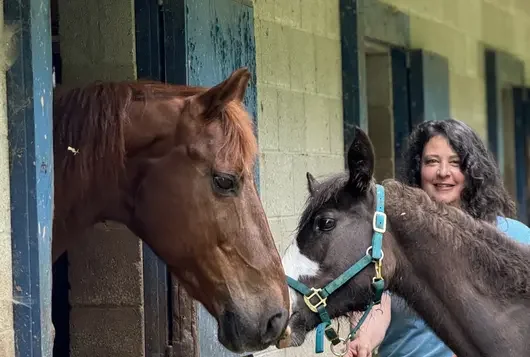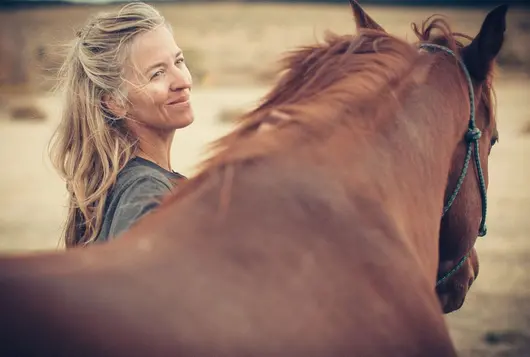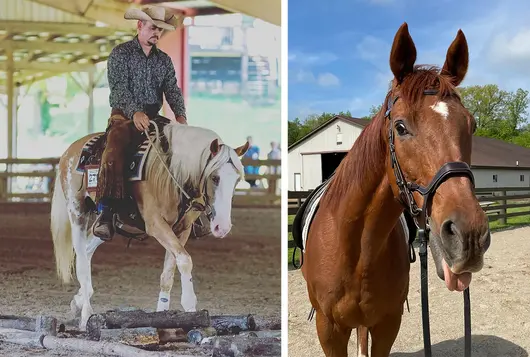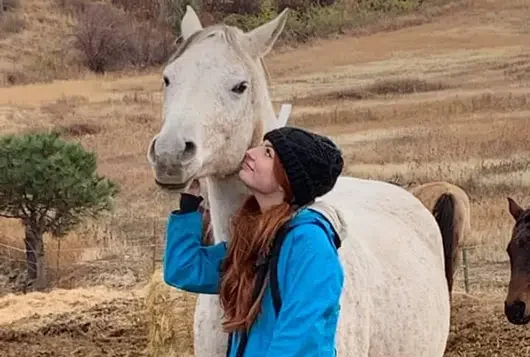3 Tips for Growing Your Own Adopters by Welcoming First-Time Horse Owners
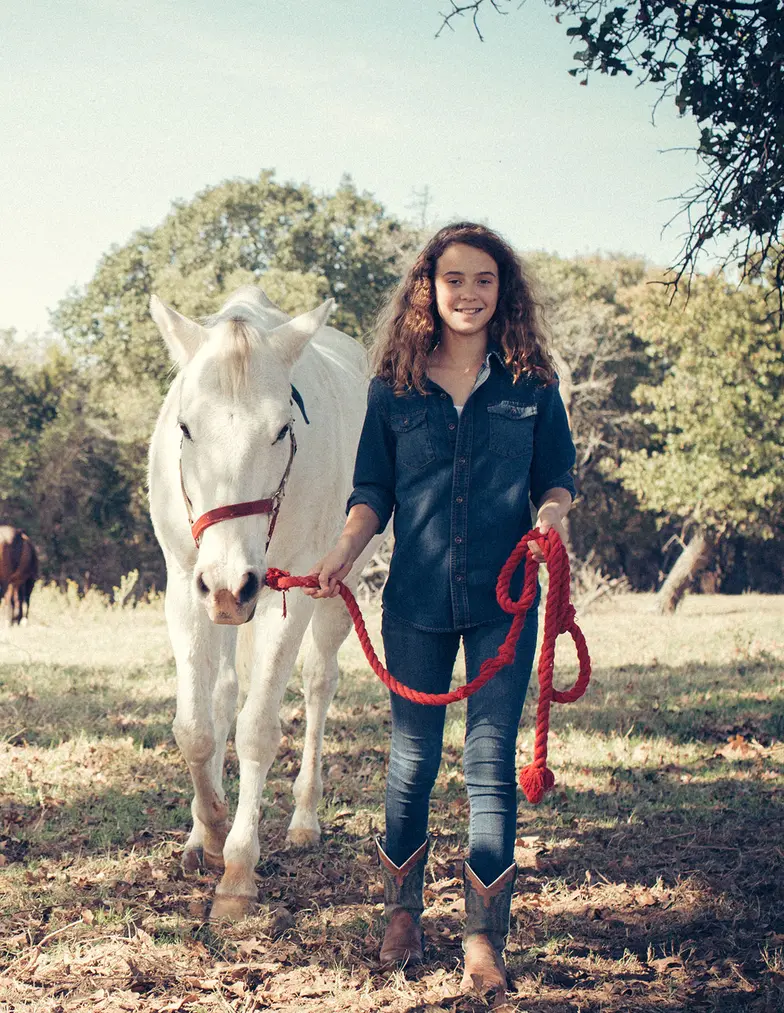
According to ASPCA research, there are 2.3 million adults in the United States with both the resources and desire to adopt horses in transition. That’s a lot of people—many of whom may have little or no horse experience. Read on to discover how one agency has found success cultivating their community’s horse enthusiasts into quality adopters—and how you can do the same.
A Successful Model for Cultivating New Equine Adopters
This Old Horse (TOH) in Hastings, MN, offers a wide variety of education programs for community members with no or limited horse experience. The programs are free and coordinated by TOH volunteers who are themselves enthusiastic horse lovers.
One program, Soul Train, has experienced trainers teach novice volunteers how to do groundwork with horses who need basic training. An unexpected outcome of the program has been an incredible rate of adoption of horses by their volunteer trainers.
According to Nancy Turner, president and founder of This Old Horse, the agency has so far offered three Soul Train courses. The first round had seven horses and 21 participants and resulted in four adoptions. The second round focused on retired racehorses with 16 horses and 39 participants and resulted in 11 adoptions. The third round, which is currently in progress, focuses on mini horses with 15 minis and 19 participants and has so far resulted in 14 adoptions and one adoption pending.
Additionally, seven adopters have adopted more than one horse over the course of the year, and all adopters were either first-time horse owners or people returning to horses after a long gap.
The first-time horse owner is virtually an unlimited market. When people tell us they have no horse experience, we tell them that no one has horse experience until they get an opportunity to be around horses! Experience is gained, and we welcome the opportunity to offer education and experience.
How Your Adoption Agency Can Cultivate New Equine Adopters
Turner offers the following tips for cultivating and supporting first-time horse owners.
Create a Community
Find, nurture, and support adopters who have longed for a horse of their own but never had a place or a community designed to help them connect and learn about horses. Every barn has its own culture. If a new owner is interested in trail riding, they may find that boarding at a show barn doesn’t meet their expectations. They may have a more positive experience finding a barn where the other people share the same discipline or interests. This is particularly true if the horse is not rideable and all the other people around ride. This is something TOH’s placement team helps new owners navigate and research.
Provide a Boarding Option
Turner says, “Significantly, and in a way that influences our adoption rates, we offer our adopters the option of boarding their adopted horse with us. They benefit from the continuing support of TOH’s culture and community while the ownership, decisions, and costs of care for the horse are transferred to the new owners.” Since the adopters cover the cost and contribute to overhead, TOH has been able to expand the number of sites they manage, increasing their overall capacity. For example, in November, TOH leased a 20-stall facility to host 19 mini horses—18 of whom are already adopted. Learn more about offering boarding to adopters.
Identify Potential Adopters
Now that the Soul Train program is well-established and in demand, TOH selects volunteer participants who have an interest or commitment to adopt.
Turner believes Soul Train increases the likelihood the volunteer will adopt because they get to work with a professional trainer while getting to know a horse. “A horse with 60 or 90 days of professional training might be a good match for an experienced horse owner—but is a poor match for a novice or beginner. However, 60 or 90 days bringing the adopter and horse along together forms a bond and commitment that is good for all,” says Turner.
Turner loves telling the story of Kate and Erik Goderstad, who started volunteering at TOH while they were dating. They adopted and worked with a horse named Aries in the first Soul Train program. Their Soul Train goal was to have Aries walk Kate down the aisle when they got married at the barn. Now Kate and Erik work for TOH as stable hands and have adopted another Soul Train horse, an off-track Standardbred named Headsup Yankee.
Download the Soul Train training materials and adapt them to your organization’s needs.
And share the New Horse Adopter Guide with first-time horse owners.
We have lots more on this subject:

